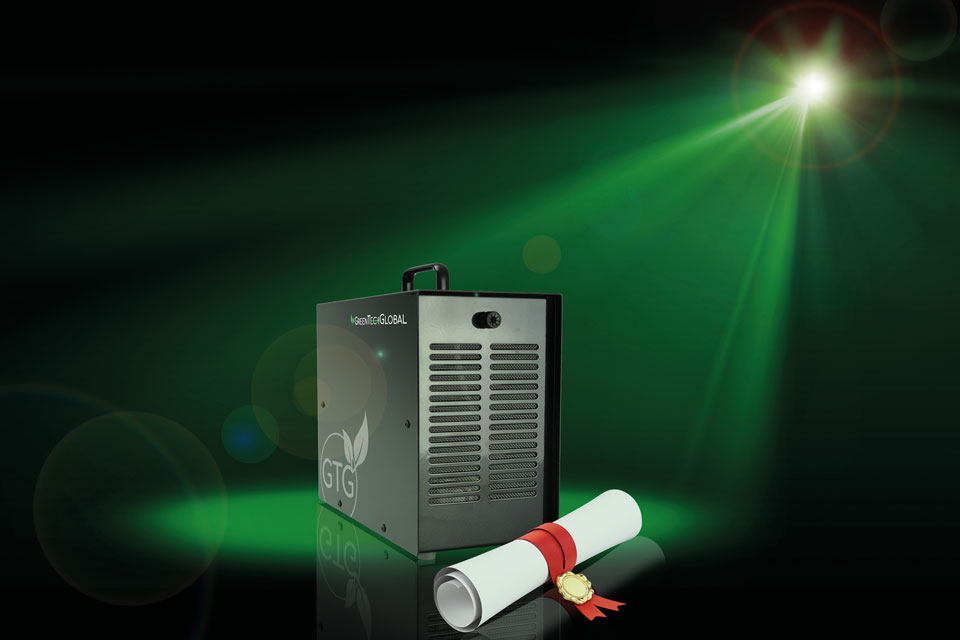There are a number of reasons why it’s vital to effectively clean up wastewater in universities. Today’s university campuses are the size of small towns, with student accommodation facilities, lecture theatres, libraries, bars and food outlets all on-site and many producing large quantities of wastewater. All of this wastewater poses its own challenges, especially where fats, oils and grease (FOG) are produced. These can become trapped and start to decompose, creating foul odours, which are unpleasant for all.
Aside from the unpleasant odours, wastewater also has a direct financial impact. At times when universities are experiencing an increase in cuts, the last thing facilities managers want to face is fines for illegal wastewater management under the Water Industry Act 1991. Companies pay an annual fee to hold a license in order to discharge effluent but there are strict limits on the amount that can be discharged. Extra charges are incurred where there are higher levels of contaminants in the effluent, which facilities teams will be keen to avoid.
However, the challenges faced on campuses make this easier said than done. Universities often have peak spikes in activity, such as on open days when thousands can attend, or during fresher’s week, where thousands of students will descend upon all the campus bars and food outlets every night for a week. This means that it’s hard to effectively keep up wastewater management at peak times, under intense pressure. It’s therefore important that wastewater management systems can work flexibly and quickly.
Bacteria are normally something that comes to mind when you think about cleaning up waste. However, new active bacteria solutions such as NCH Europe’s FreeFlow and BioAmp systems can clean up contaminants in wastewater. These bacteria are active from the moment they enter the system, meaning that they are instantly effective and perfect for times of high demand.
NCH Europe offers different types of bacteria systems, which are ideal for different demands. FreeFlow 50 is a dosing mechanism for the FreeFlow liquid, which is a biological solution containing ten strains of food safe bacillus bacteria that safely clear organic waste. The automatic dosing feature not only makes this more cost effective, it avoids human error, minimises the risk of an incorrect dosage and subsequently avoids fines. FreeFlow 100 is the premium solution, which is much stronger. It contains liquid nutrient and biological solutions, which boost the growth and performance of bacteria for a more effective treatment, particularly when cutting through FOGs and organic waste.
If there’s one thing that student kitchens and university wastewater systems have in common, it’s that they are both breeding grounds for bacteria. However, NCH Europe’s bacteria will help rather than harm. It’s vital that universities have effective systems in place to deal with wastewater, especially at peak times, to avoid costly fines and damage to their reputation because of unpleasant odours. Who knew that bacteria could be so helpful?
Bernard Daymon is the CEO and president of the global water, energy and maintenance solutions provider, NCH Europe. Having joined the company in 2013, Daymon has over 20 years of international experience in both consumer and business-to-business environments. His previous roles include CEO of household cleaning brand, Jeyes and CFO of home and personal care for Unilever.







